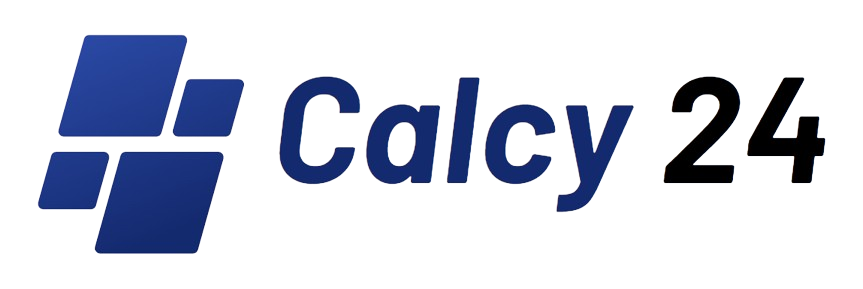Introducing AI for customer service
Powerful AI that takes care of your daily tasks. Stop manually processing your text, document, and image data. Let AI work its magic, without a single line of code.
Top Stories
Advanced Mortgage Calculator
Advanced Mortgage Calculator
Exploring Mortgage Calculators
Mortgage calculators are handy tools to estimate your monthly payments and other financial aspects of home loans. Let’s dive into understanding mortgage calculators and their significance.
Mortgage Calculator: A Basic Guide
What Is a Mortgage Calculator?
A mortgage calculator is a tool that helps you estimate your monthly mortgage payments based on various factors such as loan amount, interest rate, and loan term.
Types of Mortgage Calculators
- Simple Mortgage Calculator: Calculates basic mortgage payments without additional features.
- Bankrate Mortgage Calculator: Utilizes Bankrate’s specialized tools and resources for accurate calculations.
- Home Mortgage Calculator: Tailored specifically for homebuyers, considering their unique needs and financial situations.
- Free Mortgage Calculator: Available online without any cost, providing essential mortgage calculation services.
- Monthly Mortgage Calculator: Focuses on estimating monthly payments, making budgeting easier.
- Mortgage Calculator with Taxes: Includes property taxes in the calculation, giving a more comprehensive view of monthly expenses.
Understanding Mortgages
What Are Mortgages?
A mortgage is a loan used to purchase real estate property. It allows buyers to pay sellers over time, typically 15 or 30 years. Each month, buyers make payments to lenders, covering the borrowed amount (principal) and interest. Only after the final payment is made does the buyer fully own the property.
Common Mortgage Types
The conventional 30-year fixed-interest loan is the most common in the U.S., covering 70% to 90% of mortgages. It offers stability with fixed rates. Alternatively, adjustable-rate mortgages (ARMs) have rates that change over time based on market conditions.
Key Components of a Mortgage Calculator
Loan Amount
This is the total borrowed amount, usually the purchase price minus the down payment.
Down Payment
An upfront payment, usually a percentage of the total price. Higher down payments often result in better loan terms.
Loan Term and Interest Rate
The period for repayment and the percentage charged as interest.
Costs Associated with Mortgages
Recurring Costs
These persist throughout the mortgage and include property taxes, home insurance, PMI, and HOA fees.
Non-Recurring Costs
One-time fees like closing costs and initial renovations.
Strategies for Early Repayment
Making Extra Payments
Additional payments beyond the monthly amount can reduce the loan balance and save on interest.
Biweekly Payments
Making payments every two weeks can accelerate repayment.
Refinancing
Replacing the current loan with a new one, often with a shorter term and lower interest rate.
Advantages and Drawbacks of Early Repayment
Advantages
- Lower interest costs
- Shorter repayment period
- Personal satisfaction of debt freedom
Drawbacks
- Possible prepayment penalties
- Opportunity costs
- Capital locked up in the house
- Loss of tax deduction
Brief History of Mortgages in the U.S.
Mortgages have evolved over time, with government interventions like the FHA and Fannie Mae playing crucial roles in making homeownership more accessible. Today, these entities continue to support millions of homeowners.
